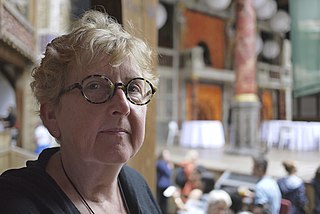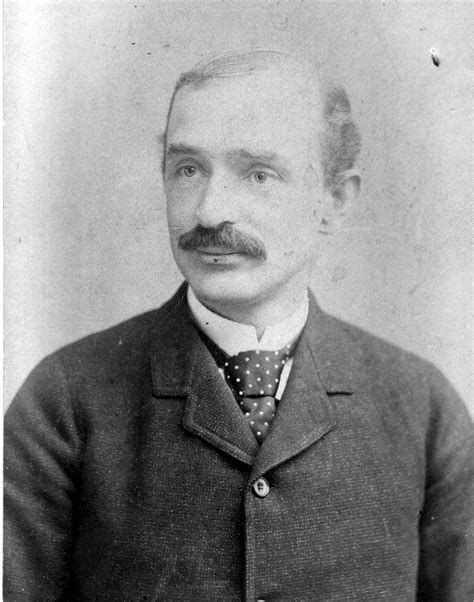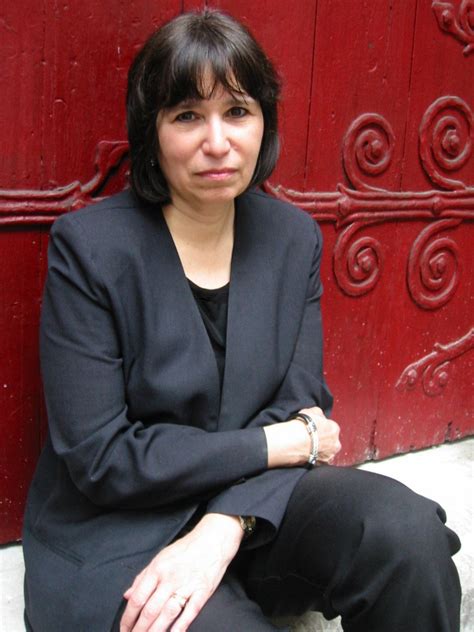A Quote by Zachary Schomburg
Carol Guess's poems are sexy, intuitive, angry, and hopeful. These lyrical narratives measure the impossibly small distance between love and fear. They are a reminder that we're all vulnerable little vessels filled by the people who can break us.
Related Quotes
Good poems do a lot of things at once. Often, by doing so, they encourage us to acknowledge mixed and incompatible feelings. Good poems, like good works of history, resist monocausal explanations for anything. There's not one reason why I am angry or excited or hopeful, when I feel those things. And there's not one reason why President Obama won two elections. And there's not one reason why Donald Trump won the most recent presidential election.
There are dreams of love, life, and adventure in all of us. But we are also sadly filled with reasons why we shouldn't try. These reasons seem to protect us, but in truth they imprison us. They hold life at a distance. Life will be over sooner than we think. If we have bikes to ride and people to love, now is the time.
There are definitely connections between poems, but I wanted each to stand on its own. I guess it goes back to the idea of trying to zoom in and out, and to modulate, so there are different ways of looking at any experience for the reader. Even having short poems and long poems - there has to be some kind of variation in the experience of reading as a whole.
There may be dead ground in between; and I may not have got The knack of judging a distance; I will only venture A guess that perhaps between me and the apparent lovers, (Who, incidentally, appear by now to have finished,) At seven o'clock from the houses, is roughly a distance Of about one year and a half.
In her previous novels, Maggie O'Farrell has often measured the distance between intimates and the unexpected intimacy of distance - geographic, temporal, cultural. In 'The Hand That First Held Mine' and 'The Distance Between Us,' characters separated by many miles or many years turn out to be joined in ways they never anticipated.
Memory, faith, and the natural world as both witness to the cycle of human life and healer to a questioning heart are at the core of this lovely and lyrical collection of poems. The weather changes, people come and go from cities and towns, babies are born, grow up and depart from their parents’ arms, but still, the countryside and its rituals sustain the people and creatures who know how to read the signs of the seasons. In these pages, Laura Grace Weldon shares those signs with us; her poems are the fruit of a wonderful harvest.


































